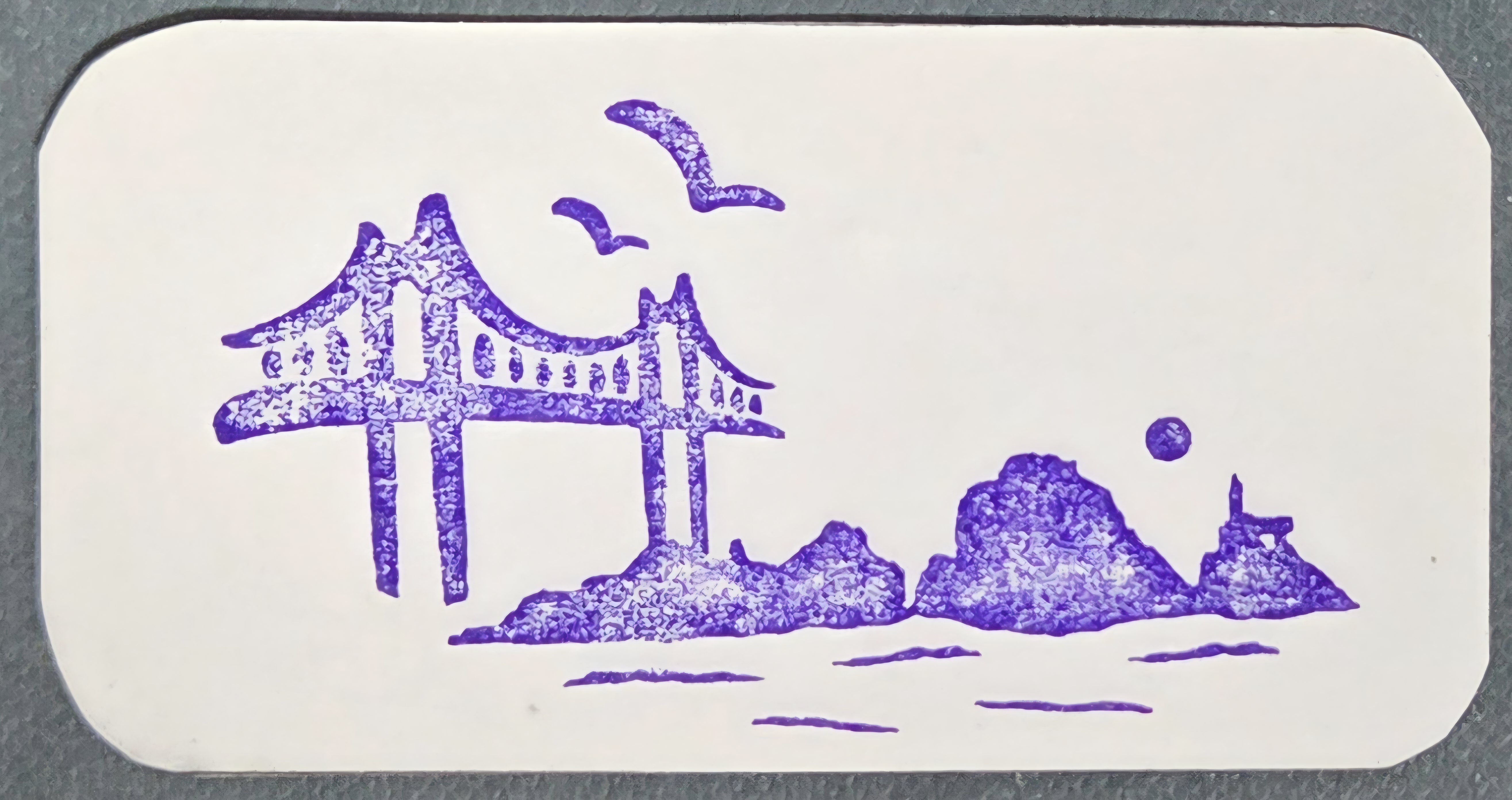In the past, Korean society was divided into a ruling class, called yangban, and a subjugated class, or sangmin. Koreans behaved humbly to maintain the social order.
For example, when a scholar published a book, he usually inserted a sentence in the preface along the lines of " I wrote this book without very much knowledge and not a great deal of talent." This "self-humiliation" may seem strange to a foreign reader, who could very well ask " Then why did this uneducated person write the book in the first place? "
This humble attitude can be easily seen in modern society. Korean students studying in the US often show too much humility and self-deprecation during job interviews, according to employers. Of course, misplaced confidence is also a problem, but a person with too much humility may be seen as passive and lacking in self-confidence, initiative, and creativity. For the most part, Americans express their own point of view and have a confident attitude during employment interviews. As well, an author would certainly point out directly or imply that he/she is an expert and an authority in his/her particular field.
Language best demonstrates the differences between vertical and horizontal cultures. In English, there is only one second-person pronoun, "you", and it implies the same to a king, president, professor teacher, parent friend, or child. However, the Korean language has different pronouns depending on their age and social status. Koreans have to pick the right honorific word, level of speech, and proper diction, according to the social class, age, and status of the person being addressed.
'Inside Korea' 카테고리의 다른 글
| Taegeukgi and the National Anthem : Wishes for Independence (0) | 2023.02.14 |
|---|---|
| Understanding of North-South Relations.(1) (0) | 2023.02.13 |
| Ancient Rituals tradition of worshiping the heaven (0) | 2023.01.23 |
| Korean Traditional Paper that will last 1000 years or more (0) | 2023.01.20 |
| Gaya with Formidable Culture and Enduring Legacy (0) | 2023.01.14 |

